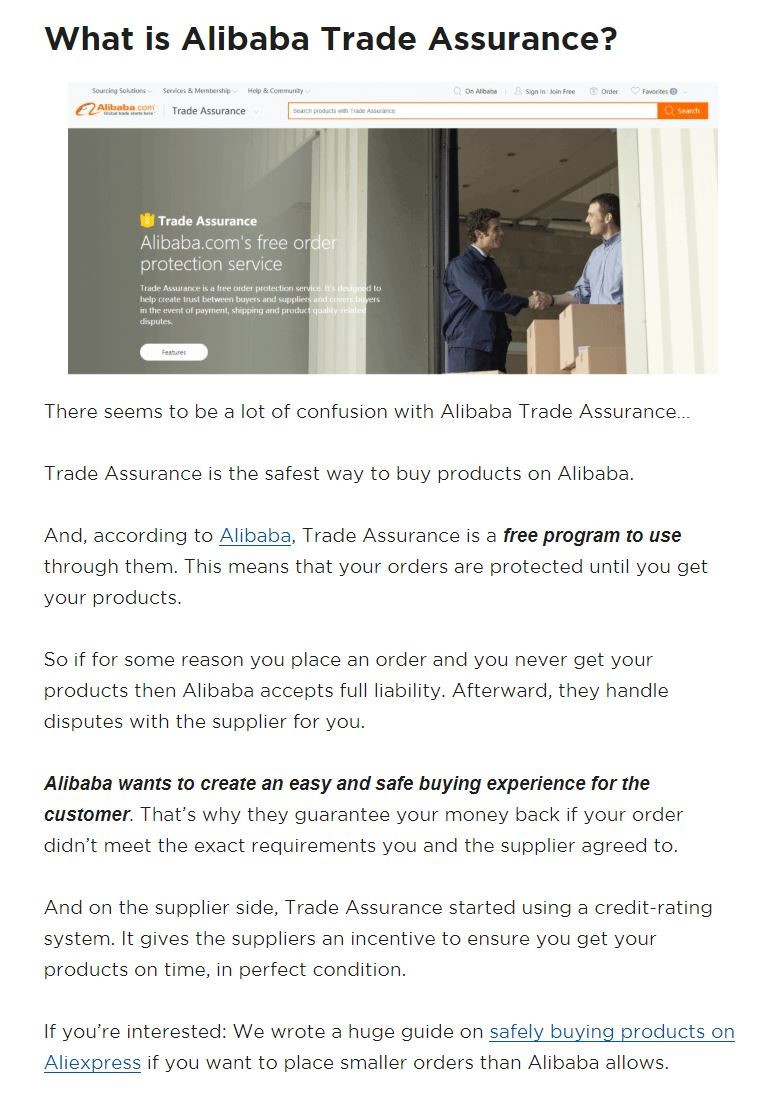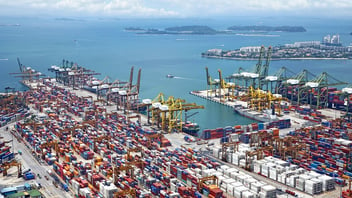Do You Really Need an Overseas Agent or Do You Need a Partner?
All too often, companies from the U.S. feel their job is done once they place an order with Alibaba, their Chinese agent, or any number of sourcing sites they may frequent. In reality, this is just the beginning of the purchasing process. Sure, there are order specs and details that are discussed in advance, but once you turn over control to the factory without a thorough process in place, I can, without question, guarantee your odds of being “burned” increase significantly. You may not have issues with the product or packaging quality, but you may later run into trouble with the payment terms or the shipping/delivery. One way or another, the conditions are favorable for a big loss.
Cautions to Working with an Overseas Supplier
Preventing loss begins by being aware of the grey areas. For example, if a company has a “Trust Department,” doesn’t that raise red flags? Alibaba, for example, actually promotes their “free” trade assurance service which covers you if you place an order and for some reason you never get your product. What? You need a program to assure me that I might NOT get my order? This automatically tells me that enough products have never been received to warrant the marketing of such a disclaimer. I’ve never worked with a client who could afford the costs that accompany not receiving an order on time, or at all.
Alibaba also has a “dispute center.” As a buyer, if I ever have to be aware of a “dispute center,” that tells me there are LOTS of disputes. That’s a red flag, too.

Aside from online sourcing sites, such as Alibaba, what about your overseas agent? Do you think they have your best interest in mind when push comes to shove? Sure, they mean well. Sure, they’ll work hard. But at the end of the day, they are selling you a service and they know full well any corner they can cut goes to their profit. So, they may offer to handle the shipping, or get you to sign off on a “photo” of a finished product without having to pay to go to the factory and get a sample. These are the most common ways to cut corners and save money, but an agent may also totally disregard your turnaround time in the interest of saving money on freight.
If your agent can combine your freight with an open slot on any cargo container, without worrying how long it is going to take to get to you or what other products your product is being packaged with, again, that goes to their bottom line, not yours.
Other Red Flags: 3 Common Mistakes Agents Make That A Partner Won’t
1. Not requesting an actual sample. Not something close to or similar to, but a true sample from the production run.
2. Will require payment 100% up front
3. Will adamantly want to handle shipping for you
What Makes a Partner Different?
There are plenty of good overseas agents, but rarely do they control the transaction, meaning they are at the mercy of the factory, the factory’s staff, and timing. A partner is drastically different.
A partner has a process in place with the factory ahead of time. A partner will handle ALL parts of the transaction, including:
· Demanding production samples
· Signed proforma invoices that outline all order details AND penalties if something isn’t done properly
· Handling all shipping so they can route your order in the fastest, most efficient way possible
· And handle all payments so you have a level of security in knowing you’ve paid the right company, once).
Let’s take another look at Alibaba and other online sourcing sites--“Trusted Suppliers” are suppliers who have paid to have their company audited and are paying more for greater exposure on Alibaba, and similar sites. Pay to Play. Would you rather work with this kind of agent, or a partner from the United States who YOU personally trust, and who has not paid extra for a company to say they are trusted?
Finally, one Google search for “overseas scams,” “overseas shipping horror stories,” or “problems with Alibaba” and you won’t have any shortage of info that will take your breath away. Our aim as a trusted partner, is to not only work for you, but also make communication easy by being located in North America, plus or minus a few time zones, versus a 12-hour time difference.




.png?width=352&name=unnamed%20(4).png)